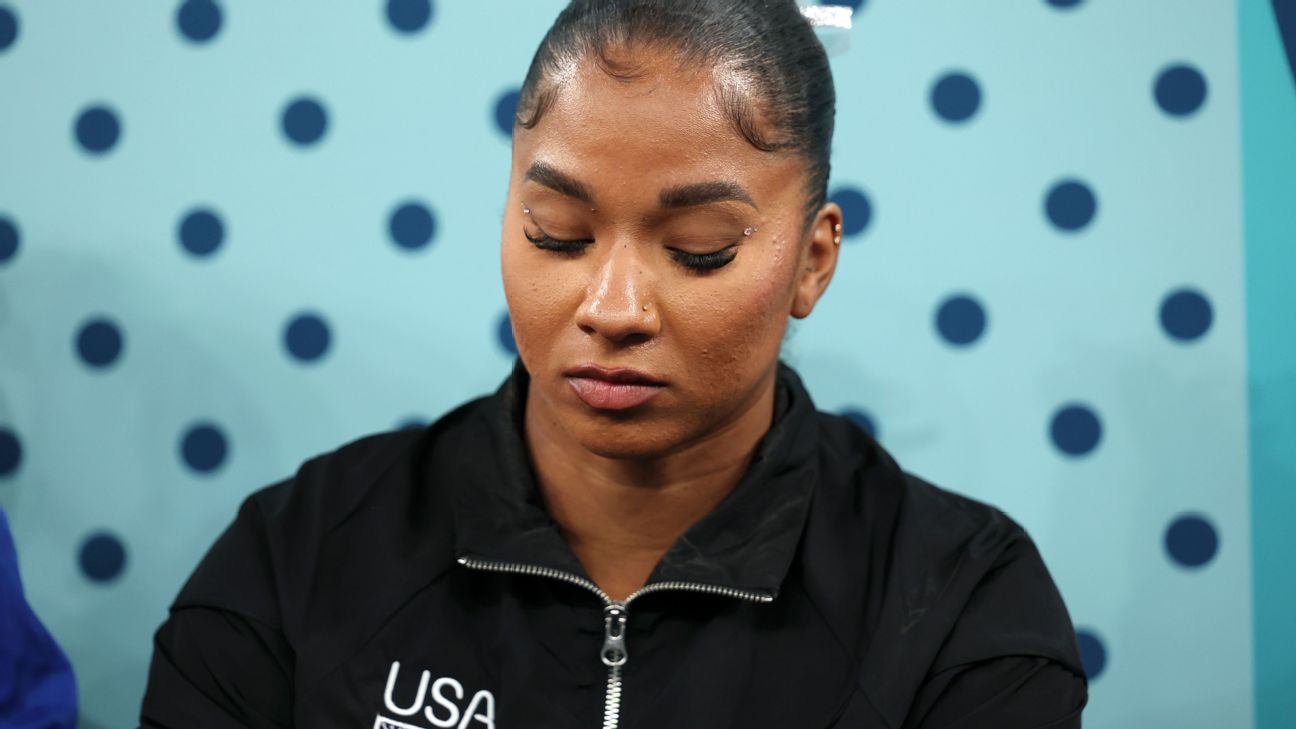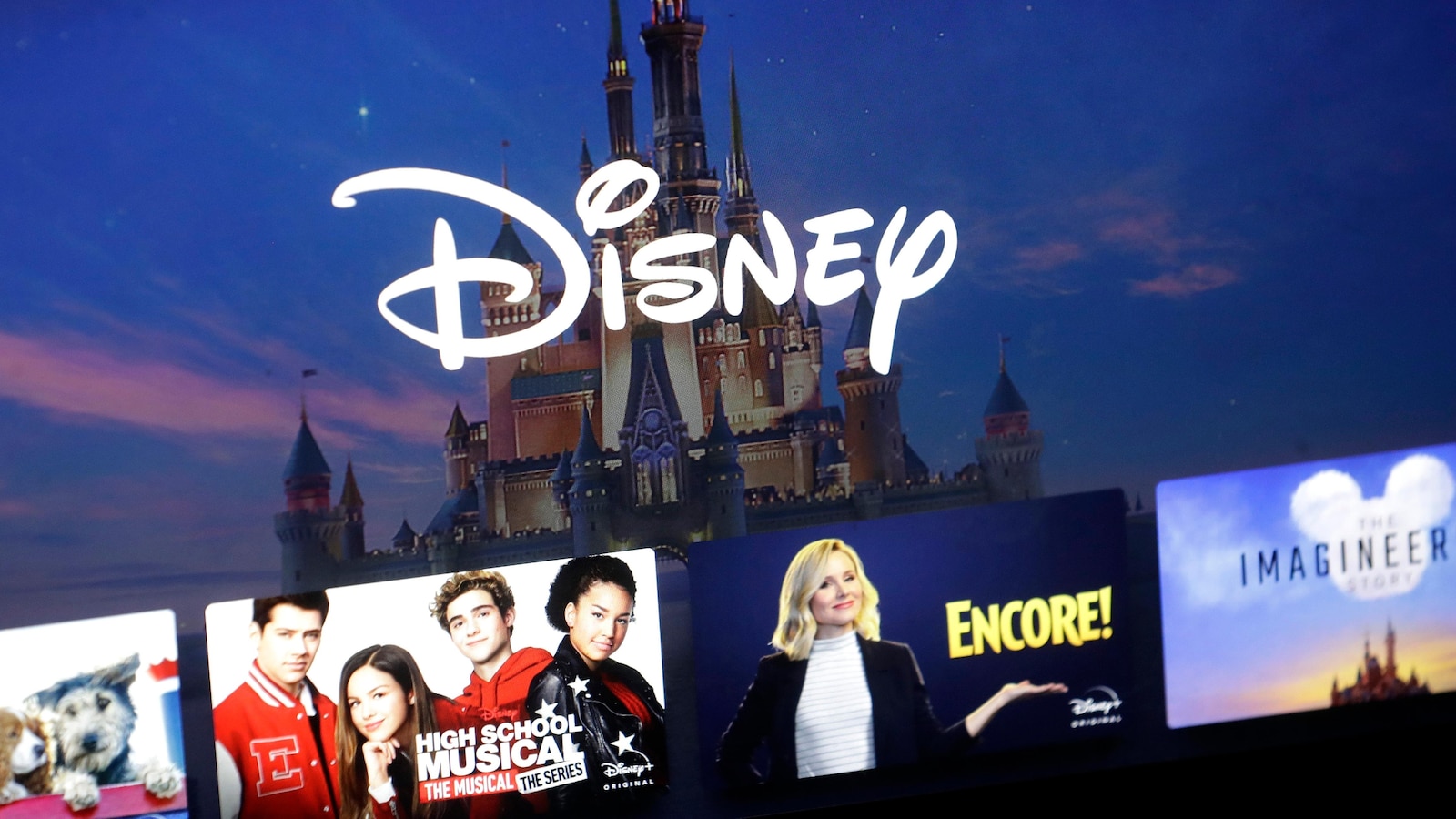Disney’s Arbitration Clauses: Silencing Wrongful Death Claims
A Tragic Story and Far-Reaching Implications
In October, the life of Kanokporn “Amy” Tangsuan, a Long Island family-medicine doctor, was tragically cut short due to an allergic reaction suffered during a meal at Raglan Road, an Irish pub-themed restaurant at Disney World. Despite repeated assurances from the waiter that her meal was dairy- and nut-free, Tangsuan went into anaphylactic shock and died soon after. Her husband, Jeff Piccolo, has filed a wrongful death suit against the restaurant and Disney’s theme-parks division.
However, Disney is attempting to have the lawsuit dismissed and forced into private arbitration, a move that would likely prevent the public from learning the full details of Tangsuan’s death.
The Prevalence of Arbitration Clauses
Disney is not the only company that uses arbitration clauses in its contracts, but it has one of the most far-reaching applications. About 193 million people subscribe to its streaming services (Disney+, Hulu, and ESPN+), and 58 million people visit its theme parks annually. All these individuals may have unknowingly waived their right to sue Disney, even in cases of wrongful death.
According to David Horton, a law professor at the University of California, Davis, this widespread use of arbitration clauses is not an accident but a deliberate corporate strategy to reduce costs and suppress negative publicity.
The Legal Framework
Arbitration clauses have become increasingly common due to Supreme Court rulings that favor a broad interpretation of the Federal Arbitration Act. These clauses are often so broad that they cover all possible claims against the company and its affiliates, even those unrelated to the specific contract. Moreover, they can remain in effect indefinitely.
Disney’s Arguments
Disney claims that it does not own or operate Raglan Road and is therefore not liable for Tangsuan’s death. Tangsuan’s husband argues that Disney controlled the menus and was responsible for staffing, making it ultimately accountable.
Disney makes two arguments for moving the lawsuit to private arbitration: the terms of service agreed to when Piccolo signed up for Disney+ in 2019, and the terms of service agreed to when he purchased tickets to Epcot in 2023. While the first argument is weaker, the second is more compelling since the website was used to find a restaurant that could accommodate Tangsuan’s allergies.
Potential Impact
The outcome of Tangsuan’s wrongful death case has significant implications for consumers. If Disney succeeds in forcing arbitration, it would set a precedent for other companies to use these clauses to avoid public scrutiny and accountability. It would also deny justice to individuals who have been harmed due to corporate negligence.
Conclusion
The use of arbitration clauses by powerful corporations like Disney raises concerns about consumer protection and the public’s right to know about corporate misconduct. Tangsuan’s tragic death highlights the need for greater transparency and accountability in corporate practices.
As the case progresses, it will be important to monitor the legal arguments and the potential impact on the rights of consumers. The outcome will have far-reaching consequences for how companies handle disputes and how individuals seek justice for wrongs committed against them.



